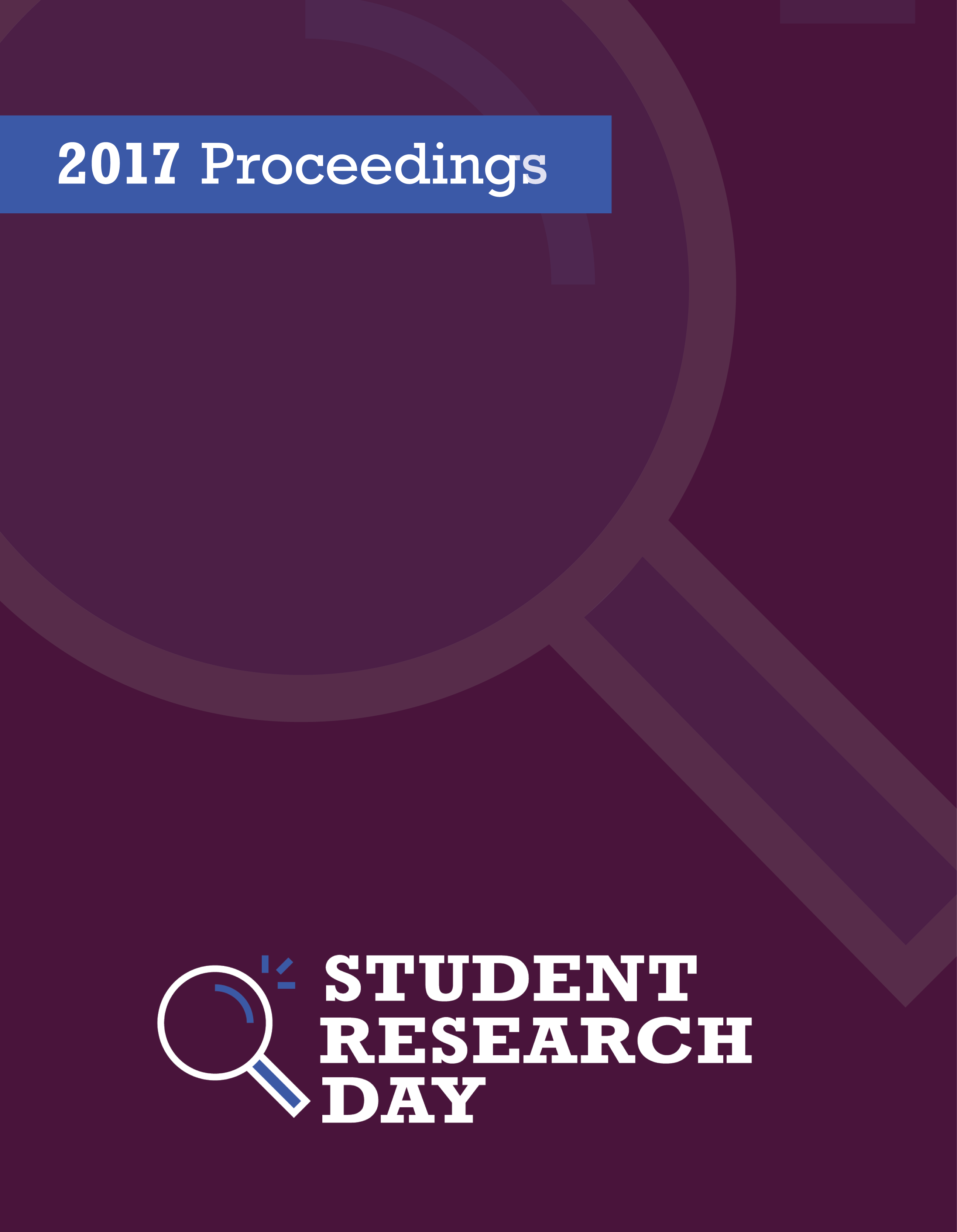Modernist and Medieval Questing in Eliot's The Waste Land
Abstract
The spiritual pilgrimage or quest, however variable in its goals, trajectories, and outcomes, is a prevalent theme in modernist literature. Alexandra Peat’s Travel and Modernist Literature: Sacred and Ethical Journeys considers the quest in modernist literature an embodiment of “an ethical questioning of the very nature of belief,” a departure from reliance on traditional spiritual frameworks into a voyage and search for an alternative spirituality (1). Jonathan Ullyot’s The Medieval Presence in Modernist Literature: The Quest to Fail focuses on modernist texts featuring “‘impossible’ quest narratives in which the object of the quest is unclear” (7) and uses the framework of failure aesthetics to study this particular form of the modernist preoccupation with questing. Representing both alternative spirituality and failed quests, T.S. Eliot’s The Waste Land (1922) draws upon the Arthurian Fisher King and Holy Grail quest narrative as a framework for spiritual and existential questioning. I intend to explore the function of the quest as a metaphor and vehicle for such questioning in The Waste Land. I will focus on the role of medieval quest narratives and the role of space—landscape and architecture—in Eliot’s modernist quests.
Discipline: English Honours
Faculty Mentor: Dr. Sarah Copland
References
Published
Issue
Section
License
Authors retain any and all existing copyright to works contributed to these proceedings.



